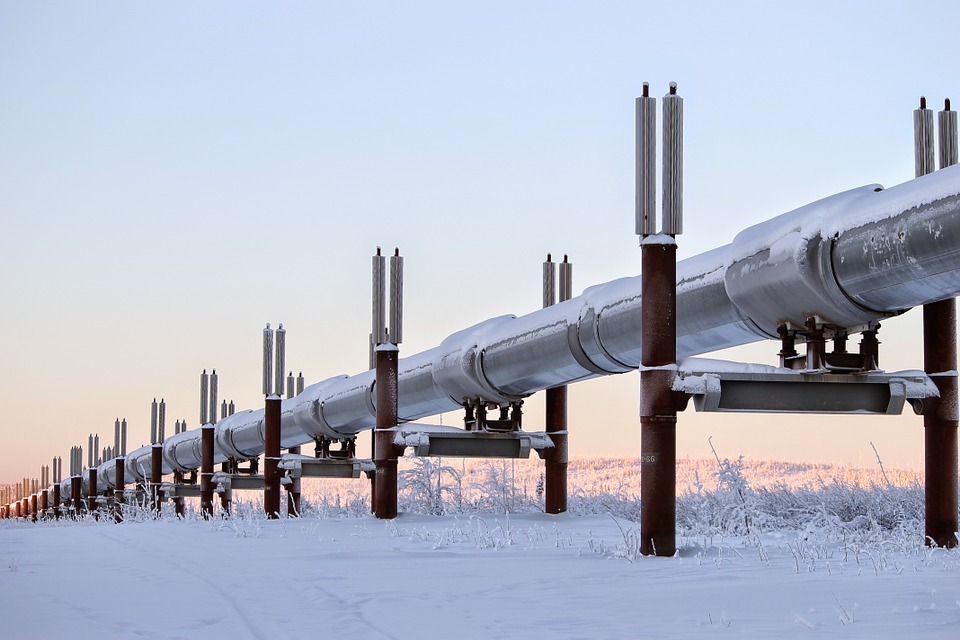Yesterday the United States announced a bipartisan unilateral ban on Russian oil imports. This has gotten many of my clients thinking about how an expensive and volatile oil market may impact a portfolio that is heavy in renewable energy stocks. That is a great question! The ban on Russian oil exports by the U.S., along with commitments by allies in the E.U. to substantially decrease purchases, may seem like a small thing, but it could have substantial impacts on your investments.
How is a ban on Russian oil going to affect my portfolio? In a lot of different ways. Most green investment portfolios are going to be allocated very much like their non-green counterparts. Which is to say that a green portfolio will have large, mid, and small-cap stocks as well as international holdings and bonds. Your investment advisor will talk with you about risk and timeframes and help you decide on how much of your portfolio should go in each part of your allocation. Each part of these allocations will be hit in different ways by a ban on Russian Oil imports.
In the short term:
We can expect that traditional fossil fuel producers are going to have solid performance. The supply of oil and natural gas is going to be squeezed, pushing the prices higher. With higher prices normally come higher margins. This is simple supply and demand. Without higher gas prices, producers would have no incentive to fill the gap. Over the course of the next year, producers will increase supplies and prices should settle out…but that is not the end of the story.
The increase in prices of energy will have a direct impact on inflation. Since virtually all of us pay to heat our homes and most of us pay to put fuel in our cars…it is costing all of us more to live. This increase in inflation puts more pressure on the Federal Reserve to increase interest rates. Increased interest rates tend to put the brakes on long-term growth.
As you can imagine, sustainable power producers such as wind and solar index have experienced returns in excess of 20% since hostilities started ramping up in Ukraine a few weeks ago. You can look at returns for the NASDAQ OMX Solar fund here History for GRNSOLAR (nasdaqomx.com) This recent positivity does not entirely make up for the dismal performance of solar over the past year.
In the long term:
The volatility in oil and gas prices as well as the political volatility surrounding many oil-producing states does seem to be starting to push governments to make big decisions towards more sustainable energy. Announcements from the U.K. as well as Germany point towards the E.U. making major attempts to remove reliance on oil pipelines from Russia.
Big shake-ups tend to allow for big decisions. There will still be a need over the next few decades to build and maintain pipelines…but as for large new projects for fossil fuels, I am starting to see a future where the large projects are transitioning to solar, wind, and nuclear generation and distribution.
What does this mean for your portfolio?
Even an event like the Russian war on Ukraine should not change how most people manage their portfolios. Most people should have exposure to large, medium, and small companies. They should have bonds. We have been rebalancing client portfolios, using bond money to purchase equities that have fallen. We have not yet begun increasing risk in the portfolios as it seems like the situation in Europe will get worse before it gets better. The war in Ukraine seems to have lit a fire under world leaders about the need to move towards sustainable energy faster. The allocation we put into sustainable energy will likely be increased.

